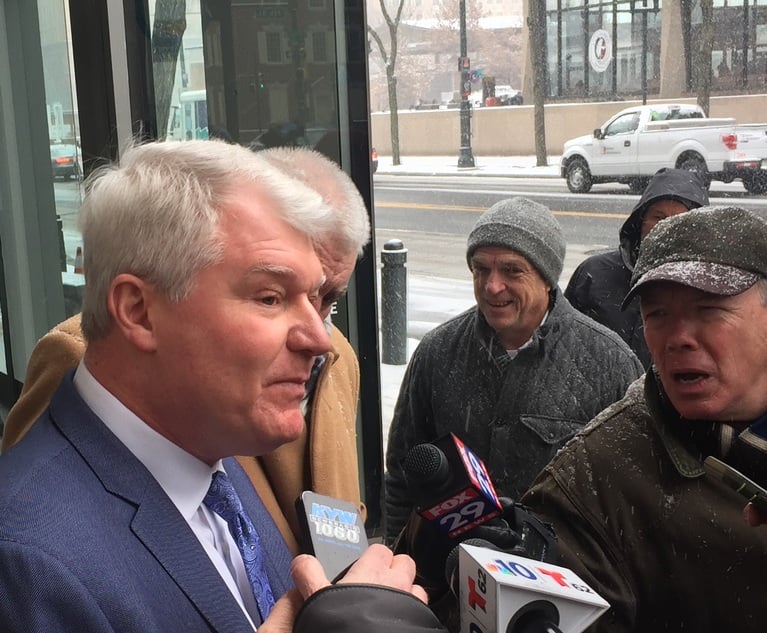In the last three months, Pennsylvania courts have issued significant opinions regarding the Dragonetti Act, and our Supreme Court is posed once again to address an issue regarding the constitutionality of the act.
Starting at the top, in February, the Pennsylvania Supreme Court granted a petition for permission to appeal in the case of Rupert v. Kling. As faithful readers will remember from my May 2017 article, a divided Supreme Court of Pennsylvania determined the Dragonetti Act (Pennsylvania’s codification of the common law tort of wrongful use of civil proceedings) is not unconstitutional in Villani v. Seibert, No. 66 MAP 2016 (Pa. 2017). However, in doing so, the court appeared to specifically invite future litigation on claims for punitive damages under the Dragonetti Act and claims of lack or probable cause when an attorney was pursuing an action based upon a “good faith argument that the existing law should be changed.” Justice Debra Todd’s concurrence in Villani made an even more forceful argument for these challenges. The Rupret v. Kling appeal is the opportunity for the court to address a more narrowly tailored attack on the constitutionality of an award of punitive damages against an attorney under the Dragonetti Act.


 Josh J.T. Byrne, Swartz Campbell
Josh J.T. Byrne, Swartz Campbell




